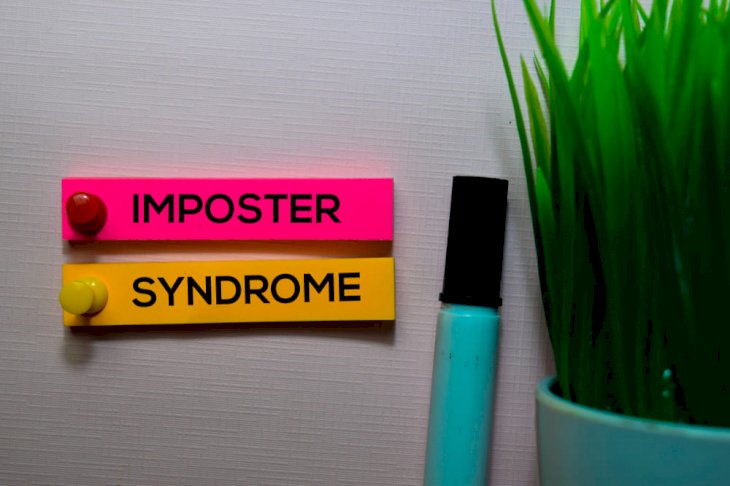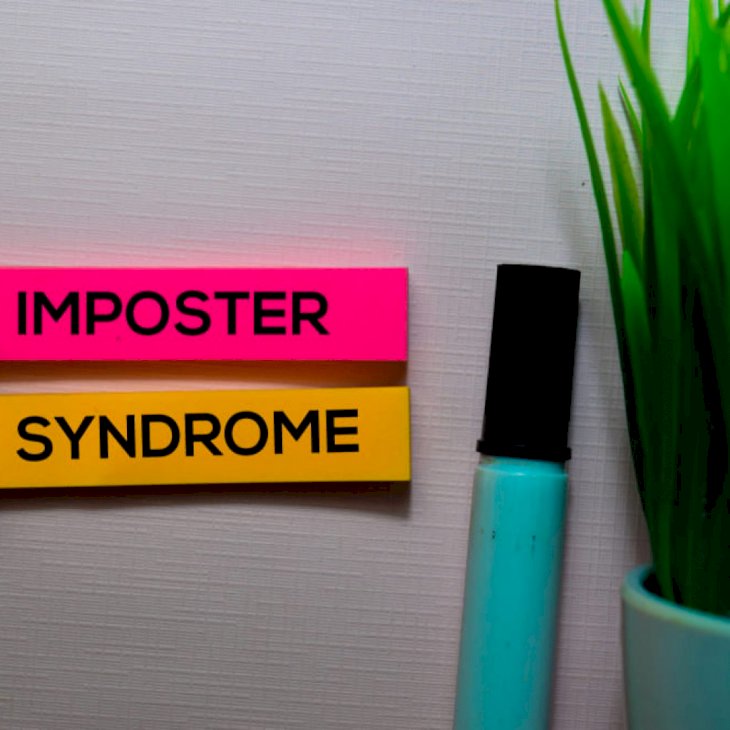
Types of Imposter Syndrome & Their Traits
When you feel your accomplishments are sheer luck and you don’t deserve the accolades. Other times you feel like you are a fraud.
These are signs that you may suffer from imposter syndrome. This psychological phenomenon reflects “a belief that you’re an inadequate and incompetent failure, despite evidence that indicates you’re skilled and quite successful.”

Shutterstock
“Researchers find that impostorism is most often found among extremely talented and capable individuals, not people who are true impostors.”
says a sociology professor at Notre Dame.
Here is a look at certain personality traits and types that usually suffers from imposter syndrome.
1. The Perfectionist
Perfectionists tend to set extremely high goals for themselves, and failure to reach the goal causes them to experience major self-doubt. These are the control freaks who have a problem delegating, as they feel that they can do the job better.
They are the micromanagers. Perfectionists expect their work to be 100% perfect all the time, even then, they think they could have done better.

Shutterstock
“Those plagued by insecurity are paradoxically more likely to be high-achieving.”
says Pacific Standard's Ann Friedman.
Their doubt makes them work harder and conversely, their perfectionism causes them to belittle themselves for doing competent work.
2. The Natural Genius

Shutterstock
This group judges themself according to the ease with which they complete a task. If they take long to master a job, they are left with a feeling of shame.
Those who fall into this category include “straight A” students or the “smart one” in the family. These people don’t see the need for a mentor, believing they can handle everything on their own.
3. The Superwoman

Shutterstock
Superwomen take on a myriad of roles, trying to juggle each role successfully. Failure to succeed at any one of these roles be it, partner, parent, hostess, friend, or volunteer, is a source of shame. These are the people who work late at the office, find leisure time wasteful, and are addicted to the validation of working.
4. The Soloist

Shutterstock
These people feel that they need to be the one who completes the task. They need to do and figure out everything on their own. Admitting to needing assistance with anything will be a sign of failure, and that will bring shame.
5. The Expert

Shutterstock
These people measure their competence on how much they know, and any lack of knowledge is a cause for shame. They are afraid of being found out for their lack of knowledge. They are in search of training and certification on an ongoing basis.
If you see yourself displaying any of these traits, then the fastest way to beat the imposter syndrome is to redefine how you think about “competence”, “achievement”, and “success” and thereby build up your confidence. You need to re-wire your brain, to change the way you think.